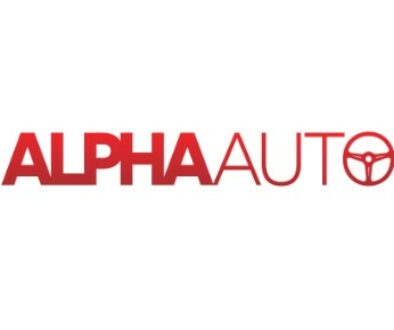Facebook Spam Emails: How to Spot and Avoid
Today we will explore the telltale signs of spam emails masquerading as Facebook communications and discuss essential tips on how to protect yourself from phishing scams. In today’s digital age, where online communication is an integral part of our lives, phishing attacks have become increasingly sophisticated. Facebook, being one of the most popular social media platforms, is often targeted by cybercriminals attempting to trick users into revealing sensitive information.
Let’s Explore Some Tips to Help You Spot Spam Emails
Verifying the Sender’s Email Address:
One of the first things to check when evaluating the legitimacy of an email claiming to be from Facebook is the sender’s email address. Authentic Facebook emails will always come from addresses ending in “@facebook.com” or “@fb.com.” Be wary of emails from generic or unfamiliar addresses, as they are likely to be spam emails.
Looking for Generic Greetings:
Legitimate emails from Facebook will typically address you by your full name or the name associated with your account. spam emails often use generic greetings like “Dear User” or “Dear Facebook Member.” Be cautious if the email fails to address you by your proper name, as this is a common red flag.
Checking for Spelling and Grammar Errors:
Phishing emails are often crafted hastily, leading to spelling and grammar mistakes. Genuine communications from Facebook are professionally written and free of errors. If you notice language inconsistencies, awkward phrasing, or misspelled words, treat the email with suspicion.
Examining the Content for Urgency and Threats:
Phishing emails commonly employ urgency and threats to manipulate users into taking immediate action. Be cautious of messages claiming your account is at risk or that you need to verify information urgently. Authentic communications from Facebook will not pressure you into sharing personal details hastily.
Hovering Over Links Before Clicking:
Avoid clicking on any links within the email without verifying their legitimacy. Hover your mouse over the links to preview the destination URL. Legitimate Facebook links will direct you to domains like “facebook.com” or “fb.com.” If the URL appears unfamiliar or contains misspellings, it’s likely a phishing attempt.
Checking for Secure Communication:
Legitimate organizations, including Facebook, prioritize user security. Ensure that the email is transmitted over a secure connection by checking for “https://” in the URL. Legitimate Facebook emails will use secure protocols for communication.
Add an Extra Layer of Protection Against Spam Emails
The Importance of Two-Factor Authentication (2FA):
One of the most effective weapons in your arsenal is two-factor authentication (2FA). Our next blog post will explore why this is an effective way to combat phishing scams.
In the ever-evolving landscape of online security and digital communication, staying informed and proactive is key to safeguarding your online presence. By following the guidelines outlined in this blog post, you can enhance your ability to identify and protect yourself from phishing attempts/spam emails, especially those targeting Facebook users. Additionally, consider taking a proactive step towards securing your online brand and reaching new heights in your marketing endeavors. AlphaMedia, as a trusted partner in marketing, offers comprehensive solutions to help clients navigate the dynamic marketing landscape. AlphaMedia dedicates itself to empowering businesses through strategic campaigns and staying ahead of emerging trends. Don’t hesitate to reach out to AlphaMedia today – let’s collaborate and ensure your online presence remains secure and your marketing efforts thrive in this ever-changing digital world. Together, we can build a resilient and successful digital future.
Follow us on social media for the latest content and stay up-to-date on the latest marketing news.




